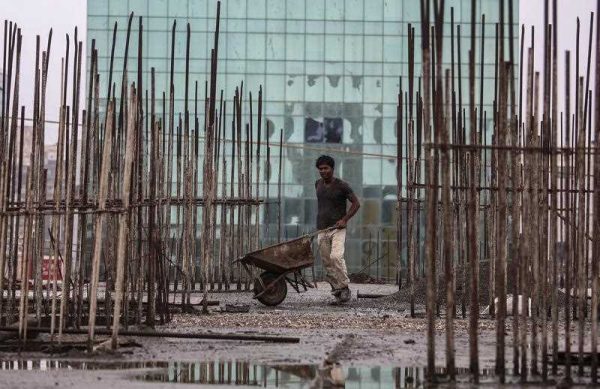In the Cabinet Resolution passed on 7 January, the government has announced the broad contours of the NITI, whose role in India’s policymaking ecosystem will be different to that of the Planning Commission.
Not many will shed tears over the abolition of the Planning Commission. In fact, even before Modi came to power, outgoing Prime Minister Manmohan Singh had called for its role to be redefined to suit changing realities. Its anachronistic practice of central planning had little relevance to India’s market economy. It did very little to plan and implement even public sector infrastructure investment, while its role in promoting public-private partnerships was mostly obstructive. The whole process of approving state plans smacked of patronage.
The proliferation of various centrally sponsored schemes with one-size-fits-all designs and conditionality made for severe distortions in public spending. Often, the Planning Commission simply settled for discretionary transfers from the central government to states, negating the norms set by the Finance Commissions, which has traditionally had responsibility for managing fiscal federalism in India.
There were two problems that had constrained the nation’s economic policymaking process over the years: the contradiction between its planning framework and the role of the market, the second between centralised command over resource allocation and the relatively autonomous developmental role of the states in a federal polity. The consequence of the these tensions was that the two important sources of economic dynamism — the private sector and the states — had to function in a constrained environment.
While the detail of the institution’s functions will become clearer as it evolves over time, it is useful to analyse the possible role it may take and the challenges it is likely to face. The Cabinet Resolution lists 13 different objectives of the new body, which can in turn be grouped under four broad roles.
The first is to foster cooperative federalism. This will require structured, continuous support to States through streamlining overlapping state and federal government functions, involving States in designing and implementing nationally important schemes, coordinating reform policies, and fostering healthy intergovernmental competition, bargaining and conflict resolution.
The second role is related to the first: to pursue a more strategic, long-term vision, as well as policies and program frameworks both for the macroeconomy and for different sectors, from the village to the national level.
The third role is to become a knowledge and innovation hub, providing state-of-the-art research to support the development and realisation of the strategic vision. As a major government think tank formulating national developmental policies, it should access, undertake and outsource research globally, collecting comprehensive data on the economic, demographic, geographic and social variables relevant for policymaking in India. The institution should also provide a platform for sharing knowledge and experience among states, in order to build capacity and upgrade technology. The fourth and final role of NITI is to provide a platform for inter-departmental and inter-state coordination.
The Cabinet Resolution lays down only the broad framework. The real effectiveness of the institution in transforming India’s policy environment will depend upon how clearly its function is defined, how much status and power it possesses, and the quality of the people who will steer the institution.
The success of the institution in achieving inter-ministerial and inter-departmental coordination will depend on the trust and co-operation it receives from them and the harmony with which the institution and various ministries will work. There could be tension between the technocrats in the institution and various ministers on the one hand, and between the technocrats and bureaucrats on the other. Similarly, success in fostering co-operative federalism will depend on the trust of and co-operation from the States. There is also the danger that the institution will be overtaken by its own bureaucracy.
The first Commission has a tremendous task ahead of it: to shape the character of the new institution and carve out its niche in the Indian federal polity, in order to become an important institution capable of transforming India.
M Govinda Rao is an Emeritus Professor and former Director of the National Institute of Public Finance and Policy, New Delhi.

